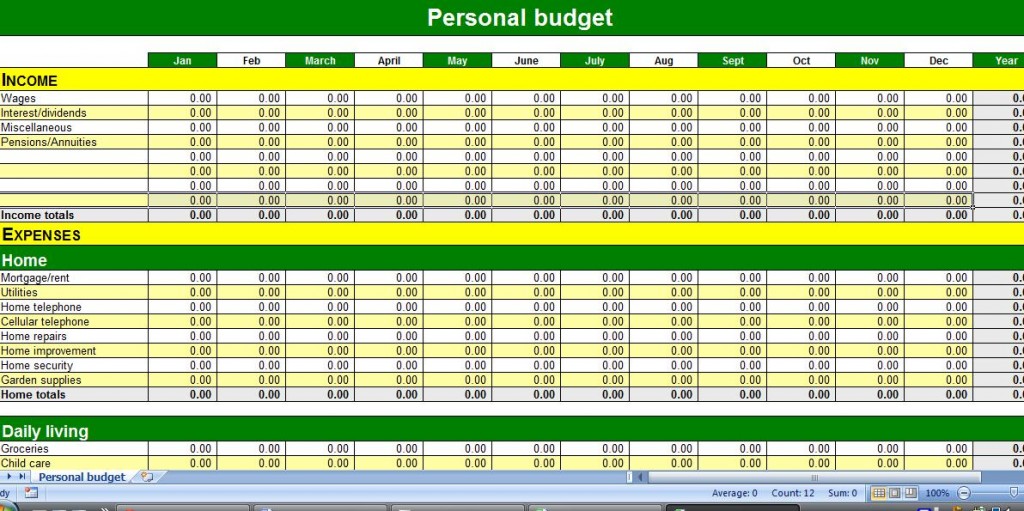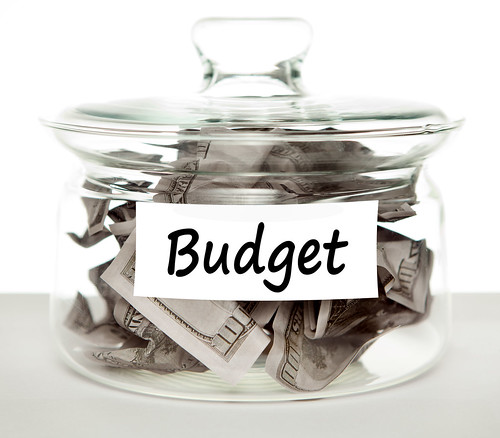
Planning ahead can save you money on your taxes, leaving you with more cash to spend on the things that matter to you.
If you’re getting near retirement, it’s time to have a good sit down with your financial planner and your tax advisor and plot out the next 10 years. I was at a presentation with a financial planner friend of mine, and she had given out a list of questions for her clients to ask their tax advisors. I decided to take her questions and answer them, or at least try to explain what they mean. My thanks go out to Michele Clark, at Clark Hourly Financial Planning for asking the questions.
What does it mean to fill up your tax bracket now, in order to reduce RMDs later?
Let’s say you’ve saved up a nice retirement nest egg in your 401K. Once you turn age 70 and ½, you are required by law to start taking the money out at a certain rate and you will pay tax on those funds. Those are called required minimum distributions (RMDs). For some people, the RMDs could actually kick them into a higher tax bracket than they had planned on being in for their retirement.
For some people, it makes sense to pull money out of your taxable accounts now, while the tax rates are lower, than to wait until they are 70 and ½. Everyone’s situation is different, which is why you want to plan for it, and not just start making withdrawals.
Should you make Post Retirement Roth Conversions?
If you do decide that it’s right to take money from your 401K or taxable IRA, does it make sense to roll it over into a Roth? The nice thing about converting those funds to a Roth is that those accounts will continue to grow tax free, and there’s no required minimum distribution on those funds. So if you aren’t planning to use the money right away, a Roth conversion may be for you.
Can you realize capital gains at the zero percent capital gains rate?
First, let’s take a look at the capital gains brackets.
Zero percent gains brackets
- Single: income up to $38,600
- Married filing jointly: income up to $77,200
- Head of Household: income up to $51,700
- Married filing separately: income up to $38,600
If you income is higher, then you’ll be in either the 15 or 20% capital gains bracket. So, if your income has you in the zero percent gains bracket, this might be a good time to sell some of your stocks and claim the gains. You can buy the stocks right back, you’re just claiming the gains while you’re in the zero tax bracket.
What about wash sales? This is different. You may have heard that if you sell stocks at a loss and buy them back within 30 days that you can’t take the loss. That’s called a wash sale. But it’s perfectly fine to sell your stock to claim a gain.
But why do this at all? It’s just a strategy to reducing potential future gains. For example – if you might be subject to high RMDs in the future, taking advantage of the zero percent gains rate while your income is still low enough would be a good idea.
Are you subject to Medicare means testing?
Only 5% of Medicare recipients have to deal with this, but if you’re in a higher tax bracket, you could also be subject to paying more for your Medicare. Social Security uses your most recent tax return to determine your premiums for your next year’s Part B and prescription drug coverage. Meaning that your income at age 63 will determine your social security premium at age 65. If you file as married filing jointly and your income is Adjusted Gross Income is over $170,000 you’ll pay higher premiums. If you use another filing status, you’ll pay more if your income is over $85,000.
So let’s say that you’re 65 and your spouse is 58. If you file jointly, let’s say your income is $185,000 – this would put you in the higher payment bracket for your social security premiums. But what if you were to file separately? If your income was only $80,000 while your spouse earned $105,000 – you could still have the lower Medicare tax payment.
Now you’d want to run the numbers both ways. It might be that your tax savings from filing jointly will outweigh the Medicare benefit from filing separately. That’s why you want to talk to both your tax advisor and your financial planner.
Should we shift income to another year when possible?
It depends upon your situation. Many times you have no choice in the matter, but some things like non-RMD distributions or sales of stocks can be moved to better fit your tax needs.
Should we shift deductions to another year and alternate standard deduction years with itemized years?
Under the new tax law, many people who used to itemize their deductions will now be claiming the standard deduction. For many people, moving around their deductions won’t make a difference. But for others, it may make sense to “cram” their deductions together. For example: paying two years of your church tithe every other year.
Should you consider a Donor Advised Fund in your higher income years?
A donor advised fund is like a charitable investment account. As soon as you make the donation, you are eligible for an immediate tax deduction, but you don’t necessarily have to pay out the money to a charity immediately. Let’s use that church tithe example – say you’ve got a high income year, you can set up a donor advised fund and pay a few years of your tithe into the fund so you claim the deduction all at once, then pay out your tithe to your church over the next few years.
Another advantage to the donor advised fund is that you may contribute stock that has appreciated without paying the capital gains tax. It’s like getting a double benefit. Let’s say for example that you bought 1,000 shares of XYZ stock for $2 a share 20 years ago. Now it’s trading at $20 a share! Awesome. But if you sold it, you’d have to pay capital gains tax on $18,000. Yuck.
But, you could donate that stock to your donor advised fund. You would get credit for donating $20,000 worth of stock, but you wouldn’t pay any capital gains tax on the gain. As my kids used to say when they were little, “It’s a double good.”
Does utilizing Qualified Charitable Deductions (QCD) make sense for you?
A QCD is for someone who is required to take RMDs from their IRA. You can designate some (or all) of the money to go directly to a charity and avoid including it in your income altogether. This is better than claiming it as a deduction on your schedule A because it’s what we call an “above the line” deduction. That means that it reduces your Adjusted Gross Income. This helps with anything where your income determines whether you’re allowed certain deductions or not. “Above the line” deductions are always better than “below the line deductions. Even if the QCD does not help your federal return, claiming an “above the line” deduction may still impact your state tax return.
Conclusion
The bottom line is – if you’re getting near retirement, it’s time to do some planning. You can’t plot out 10 years of taxes with your tax person when you sit down to do your annual tax return. This needs to be a separate appointment, it’s going to take some time.
Do your homework. Sit down with your financial advisor too. Figure out, how much will you get from Social Security? How much is in your retirement accounts? What type of pension can you expect to receive, if anytihng? What type of non-taxable funds will you have at your disposal? What are your budget needs for the future?
By planning ahead, you can made good decisions and enjoy your retirement even more.



